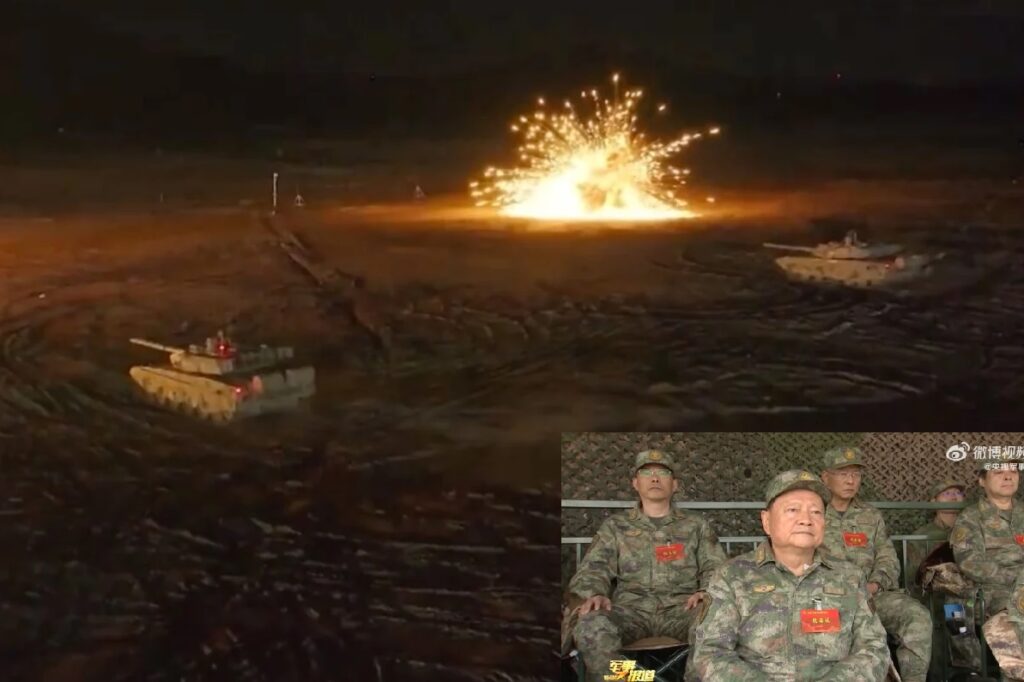The Intensification of Nighttime Training
Recent military exercises by the People’s Liberation Army (PLA) highlight China’s heightened focus on nighttime operations. The drills, supervised by senior military official Zhang Youxia, took place in Hebei, a province adjacent to Beijing. This shift towards nighttime training indicates the PLA’s preparedness for unexpected events, especially concerning Taiwan.
Strategic Implications of Nighttime Exercises
Military experts suggest that the PLA’s emphasis on nighttime drills showcases its readiness for various scenarios. This strategy aims to enhance the army’s combat capabilities under the cover of darkness. Historically, nighttime operations pose unique challenges. However, they also offer advantages in surprise attacks and stealth maneuvers.
The drills led by Zhang Youxia involved live-fire exercises. These operations occurred during a three-day “combined military operation.” This intense training signals a serious commitment to improving operational readiness. China seeks to ensure its military forces can respond effectively in any situation, including a potential conflict over Taiwan.

Political Context and Military Command
Zhang Youxia’s prominent role in these drills underscores the military’s importance within China’s broader political landscape. As the first-ranked vice-chairman of the Central Military Commission, he operates under President Xi Jinping’s command. His presence during these exercises reinforces the political motivation behind military readiness.
The drills represent not just military training but a strategic message to both domestic and international audiences. China wants to assert its military might and communicate its preparedness for any eventuality.
Taiwan’s Response to Increased PLA Activity
Taiwan has taken note of the PLA’s intensified drills. In response, the Taiwanese military is also enhancing its training protocols. Taiwanese officials recognize the need to adapt to evolving military threats from the mainland. This situation creates a heightened sense of urgency among military planners in Taipei.
Taiwan’s strategy focuses on deterrence and defense. The island nation aims to strengthen its military capabilities to counter any aggressive moves from China. In this environment, both sides ramp up their military readiness, increasing tensions in the region.
Future Considerations
The PLA’s focus on nighttime operations marks a significant shift in military strategy. As China prepares for potential conflicts, the implications extend beyond Taiwan. Neighboring countries and global powers will closely monitor these developments.
Military experts warn that increased military readiness can lead to miscalculations and misunderstandings. Both sides must manage their military postures carefully to avoid escalating tensions. The situation remains delicate, and any misstep could lead to a broader conflict.
In summary, the PLA’s recent drills under Zhang Youxia’s supervision showcase China’s strategic focus on nighttime operations. This shift in military training reflects a readiness for surprises, particularly concerning Taiwan. As both China and Taiwan enhance their military capabilities, the potential for conflict looms larger. The world watches closely, aware that the stakes in this region have never been higher.
Our Visitor






 Users Today : 16
Users Today : 16



